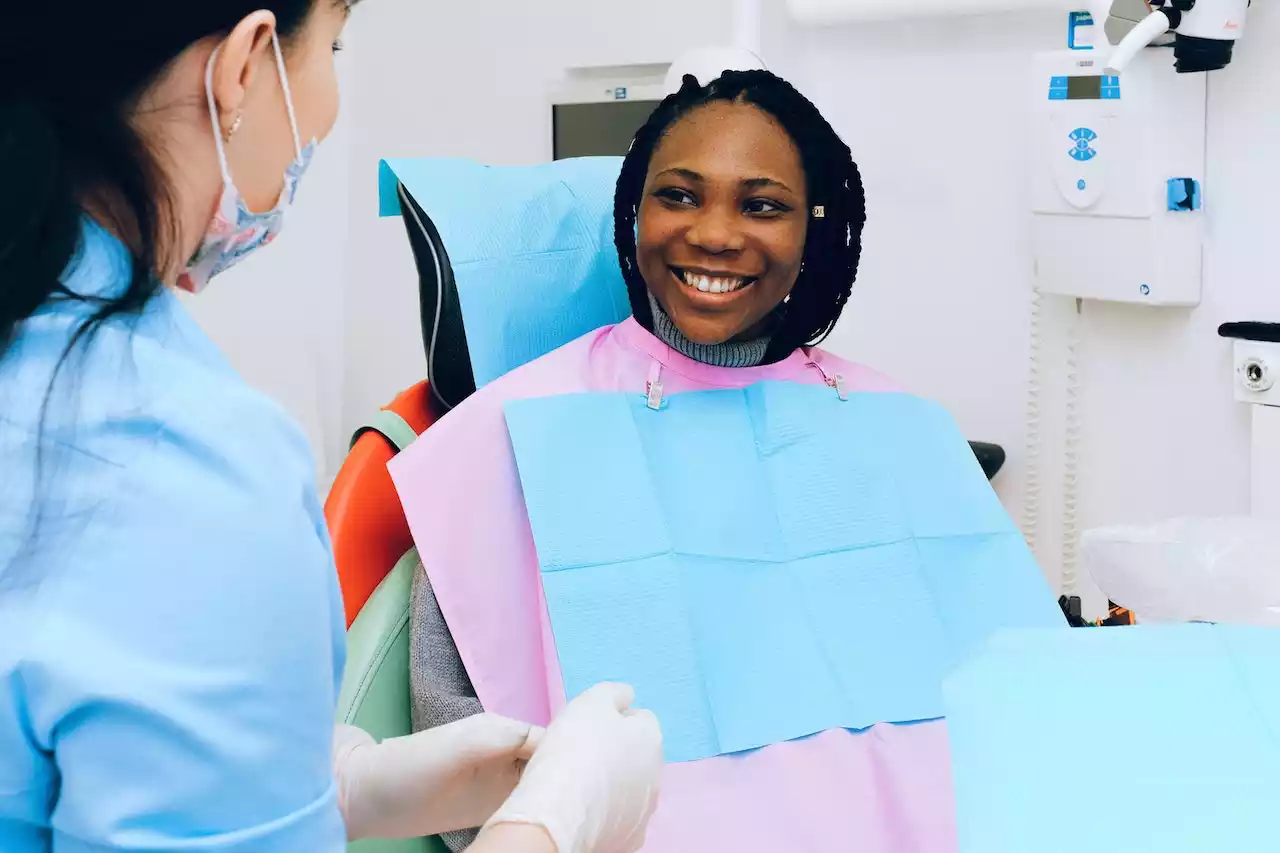Brushing after meals has long been a debated topic in dental care. Some swear by it, believing it keeps their...
Read More
Commonly, attending the first visit to the dentist generates some kind of fear. As a result, some symptoms, such as nervousness or anxiety, may occur during the first visit to the dentist. Although television and cartoons are one of the reasons why patients are afraid of dentists, the reality is the opposite of television.
It is estimated that all of us, at some point in our lives, will visit a dentist, either on our own, by recommendation, or in case we have suffered an accident. Here are some tips that may help in case it is your first visit to the dentist.
Preparing for the visit
It is essential to tell the dentist that this is your first visit to the dentist when you go to a dental clinic. This is important since this way, the dentist will prepare in advance the way the examination will be done and will explain in detail each activity performed to make the patient feel more secure and calm.
Another point to highlight is that depending on the type of examination, the dentist will be in contact with the patient’s mouth and sometimes use metal tools. There is nothing to worry about since these tools do not cause harm to patients. Even the review techniques for first-time patients are done with great care to avoid fear or discomfort. The first visit to the dentist is the perfect opportunity to ask all kinds of questions related to the review or any other doubts.
Understanding the exam
There are many types of checkups, exams, and operations that dentists and odontologists perform. However, first-time patients are often given exams that are a little simpler. It is important to understand how the first three basic exams work to avoid panic when going to the dentist:
- Cleaning: Cleaning is the most common procedure patients undergo when they have their first visit to the dentist. This procedure consists of sitting the patient in a unique chair, where the inside of the patient’s mouth will be illuminated so that the dentist has a better view. The dentist then begins to clean the teeth with specific metal tools by scraping the teeth to remove plaque and tartar. When metal tools are introduced into the mouth to perform this procedure, patients may become nervous or uncomfortable, so you should know that none of the techniques are dangerous for the patient’s mouth.
- X-rays: The dentist places a thick covering called a lead apron over the patient’s chest or any other covering that will protect the patient from radiation. Following this, he will ask you to bite down on a small piece of plastic. An x-ray head is also placed outside the mouth, and an x-ray is taken while standing behind a shield or other form of protection. There are different types of x-rays, and each will depend mainly on the type of procedure the patient needs, so it is essential to ask how the x-rays will be taken.
- Dental examination: In this case, the dentist checks the X-rays for problems or diseases such as cavities. He also examines the teeth and gums to see if they are healthy. In the same way, he examines the way the upper teeth fit together with the lower teeth. You will most likely need to see an orthodontist if problems are found.
Communicating with your dentist
When it is the first visit to the dentist, it is very common that some questions are not asked about the procedure the patient will undergo due to nervousness. Dentists are aware that patients often ask specific questions when they are in the office, so they are prepared to answer common questions that patients ask.
Communication with the dentist should be as respectful and honest as possible so that there is a better atmosphere before, during, and after the procedure.
Preventative care and oral hygiene
One of the most common recommendations after the first visit to the dentist is to brush your teeth properly to keep your mouth healthy. Good tooth brushing should not be limited to toothbrushes and toothpaste. While it is true that it removes much of the tartar, this is not considered complete toothbrushing. For this, it will be necessary to use tools such as dental floss to remove tartar where the toothbrush cannot reach and mouthwash to remove the remaining bacteria. This will help to avoid dental problems such as cavities.
Addressing dental anxiety
Some tips to control dental anxiety before entering the dental office would be to perform relaxation exercises, as these not only help during the first visit to the dentist but can help any time you have an anxiety attack. Another tip would be to take care of your diet before going to the dentist’s office since some drinks, such as coffee, could worsen this anxiety.
If you suffer from anxiety during the procedure, you should share these fears with the dentist. Expressing the patient’s concerns to the dentist will help the dentist to adapt the treatment to the patient’s needs.
Follow-up care
After the first session with the dentist, the dentist will leave some indications for the treatment to work and keep the patient’s oral health in good condition. In addition, the dentist will indicate the subsequent visits that the patient will have to make to give a correct follow-up treatment.
At Molar House, we offer personalized treatment for first-time patients, thus avoiding this fear when visiting the dentist for the first time. Our highly trained team provides the security that only a dentist in Tijuana can give you. We guarantee our patient’s trust with ethical treatment and the quality they need in each of our procedures.
Other Posts
Veneers Maintenance Strategies for Lifelong Radiance
Veneers are a popular cosmetic dental treatment that can transform a person’s smile. However, maintaining these dental enhancements is crucial...
Read MoreLearn About the Different Types of Dental Implants
Dive into the world of dental implants and discover a range of options designed to fit your specific needs. From...
Read MoreAfter Dental Implants Care Tips You Need To Know
Are you considering dental implants or have recently undergone the procedure? Congratulations on taking steps towards a healthier, more confident...
Read MoreOur Top Services
Contact Us
Social Media





